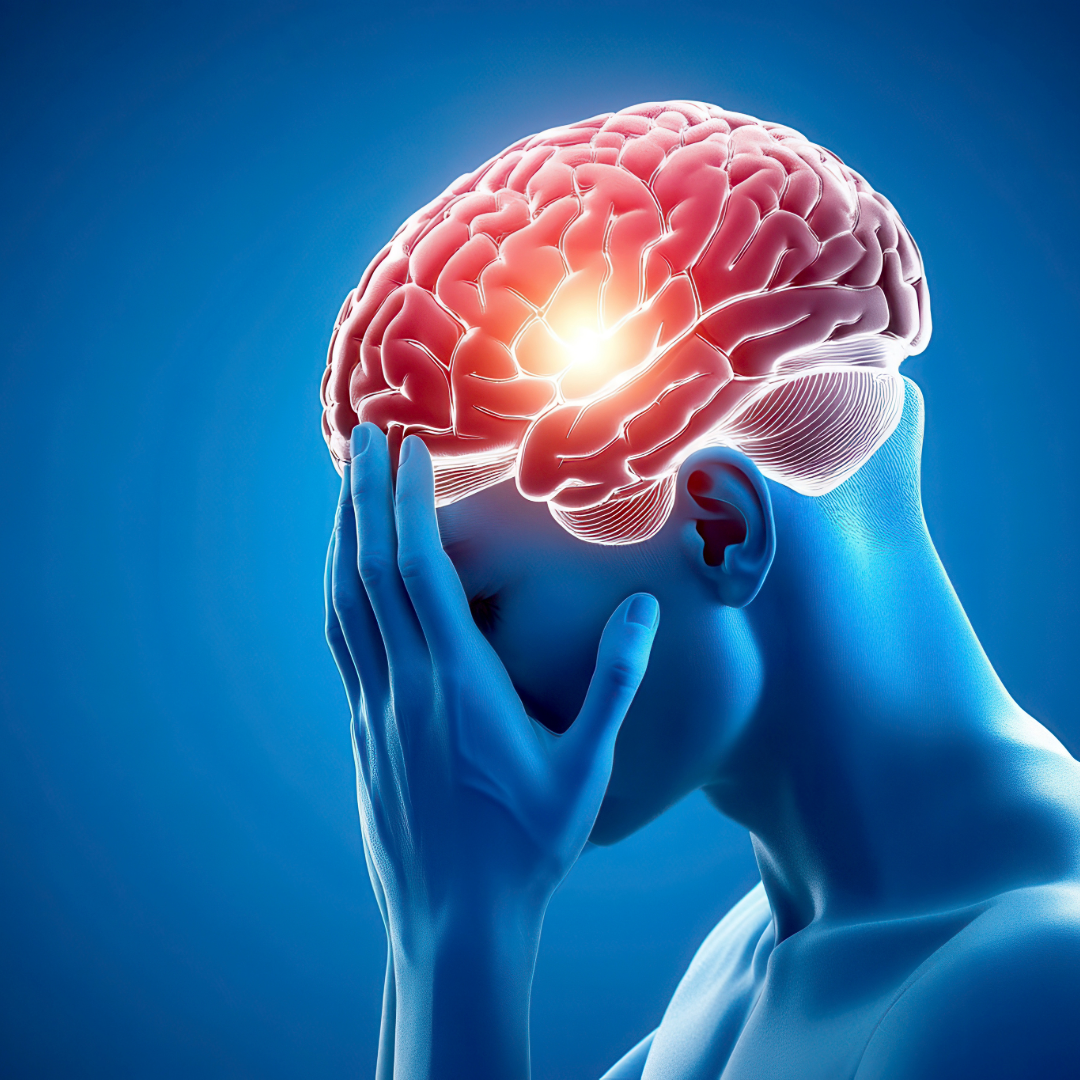A Landmark Genetic Study on Depression: What It Means for Diagnosis and Treatment

A groundbreaking new study has identified hundreds of genetic variants associated with depression, offering deeper insights into the biology behind the condition and raising hopes for improved diagnosis and treatment in the future. This is a massive step forward for everyone, not just those suffering from mental health disorders but due to the effects it can have on everyone around you.
1. Overview of the Research
This large-scale genome-wide association study (GWAS) brings together data from over 688,000 individuals diagnosed with major depression (MD) and more than 4.3 million controls. Crucially, it includes participants from 29 countries and multiple ancestries—European, African, Hispanic/Latin American, East Asian, and more—which adds a more global perspective than many previous genetic studies of depression. By analyzing genetic variants (single-nucleotide polymorphisms or SNPs) across these populations, the researchers uncovered:
- 697 genetic variants linked to depression risk
- 308 high-confidence genes associated with major depression
- Enrichment of pathways related to postsynaptic density and neuronal function
- Evidence of amygdala involvement—this brain region is tied to emotional regulation and stress responses
- Strong overlap with existing antidepressant targets and potential new drug repurposing opportunities
The study underscores the “polygenic” nature of depression—meaning numerous genes each contribute a small amount to overall risk—and highlights the importance of including diverse populations to capture a fuller picture of depression’s genetic architecture worldwide rather than just being focused on one ethnicity.
2. Key Findings
-
Hundreds of New Genetic Associations
Previous research had already pointed to dozens of genetic links with depression, but this meta-analysis expanded that figure significantly to 635 genetic regions (of which 293 are novel). These findings solidify depression’s complexity: instead of a few “depression genes,” there are many variants distributed throughout the genome, each exerting a modest effect on risk.
-
Postsynaptic Density & Neuronal Dysregulation
Analyses showed significant enrichment for genes involved in the postsynaptic density—the receiving end of the neuron-to-neuron communication in the brain. This suggests that disruptions in how neurons “talk” to each other may drive some aspects of depression.
-
The Role of the Amygdala
The study pinpointed amygdala neurons—specifically excitatory neurons, inhibitory neurons, and medium spiny neurons—as critical in depression. The amygdala is central to emotional responses and stress-related behaviours. The findings here line up with existing brain-imaging research that shows how changes in amygdala activity or structure are often seen in people with depression.
-
Polygenic Scores (PGS) Work Across All Ancestries—But More Work Is Needed
By creating polygenic risk scores (PGS)—tools that sum up the small effects of thousands of genetic variants—the researchers could predict a portion of an individual’s depression risk. Although these scores explained roughly 5.8% of the risk in people of European ancestry (a substantial improvement over past scores), the predictive power was lower in non-European groups. This finding highlights the necessity for even more diverse datasets to improve how well these scores transfer across ancestries.
-
Path to Drug Repurposing & New Therapeutics
One of the most exciting aspects is the finding that the genetic signals overlap with the targets of existing antidepressants. This overlap indicates that the study’s results align with known biological pathways of depression and could lead to
-
- Refined approaches to existing drug use
- Faster pathways to repurposing drugs from cancer, pain management, or other areas if their targets coincide with depression-related pathways
- Refined approaches to existing drug use
3. Why It Matters for Diagnosis
-
Improved Risk Assessment
While we’re still far from using genetic tests in routine clinical practice for depression, the continual refinement of polygenic scores points us toward a future where genetics might inform early detection. Clinicians could one day integrate genetic information with lifestyle, environmental, and personal history factors to spot at-risk individuals earlier.
-
Personalized Mental Health Interventions
A deeper understanding of the specific genetic factors influencing depression could guide more tailored prevention strategies—helping target early interventions or closer monitoring for individuals who carry higher genetic risk.
-
Bridging Gaps in Global Health
Because this study involved diverse populations, it provides broader applicability. Historically, most GWAS research has focused on individuals of European ancestry. More inclusive genetic data could reduce health disparities and ensure that future diagnostic tools are valid across different ethnic and racial groups.
4. Potential for Future Treatments
-
Novel Drug Targets
Researchers identified specific genes and pathways—particularly those related to receptor clustering, neuronal signaling, and neurotrophic factors—that offer new angles for developing targeted therapies. If a particular receptor is implicated by strong genetic evidence, there’s more rationale to develop or test drugs that act on that receptor.
-
Drug Repurposing
The study flagged certain medications already approved for other conditions (e.g., some pain and anti-inflammatory drugs) that might have roles in depression treatment. Repurposing cuts down on both cost and time in drug development compared to creating new medications from scratch
-
Addressing Treatment-Resistant Depression
Because depression is a heterogeneous condition, and many people do not respond to first-line treatments, this expanded genetic understanding could open doors to alternative therapies. Patients who have not benefited from existing antidepressants may eventually have more options or more targeted regimens based on genetic signatures.
5. Limitations and Next Steps
-
Genetic Variation Is Not the Whole Story
Depression is influenced by life events, environment, trauma, and social factors. Genes are a significant piece of the puzzle but do not act in isolation.
-
Need for Larger, More Diverse Cohorts
While this study has improved representation across ancestries, the predictive power of polygenic scores in non-European groups remains lower. Larger studies and more global representation will be critical for refining these tools.
-
Mechanistic Follow-Up Required
Identifying a genetic variant is just the first step. Scientists still need detailed lab-based and clinical investigations to understand precisely how each gene affects brain function and mood.
This research marks an exciting leap forward in our global understanding of the biology behind depression. By identifying hundreds of genetic variants and pathways—and confirming the involvement of key brain regions like the amygdala—these findings create a more robust foundation for future diagnostic and therapeutic innovations. While real-world clinical applications (such as widespread genetic testing for depression risk) are still on the horizon, the study’s insights already inform how we might improve treatment, from repurposing existing medications to designing entirely new drugs.
The takeaway? Depression is a complex condition, but each new piece of genomic evidence provides another clue toward more personalized care. The ongoing commitment to diverse, large-scale genetic research promises better outcomes not just for specific groups but for patients worldwide.




